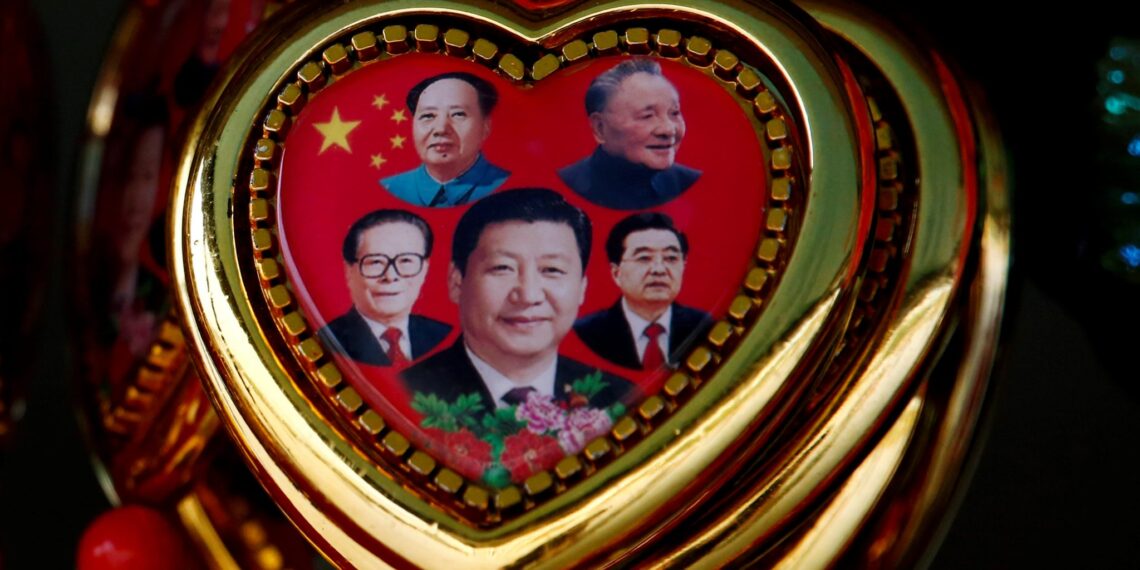No products in the basket.
Abstract: China’s economic success is often credited to its embrace of market forces and the private sector, which played a central role in the “reform and opening-up” initiated after Mao Zedong’s passing four decades ago. By retreating from those earlier policies and commitments, Chinese leaders created the conditions for the setbacks and stagnation that we are seeing today.
OXFORD – As the world grapples with the implications of ominous shifts within China, MIT economist Yasheng Huang, an astute long-term observer of the Chinese economy, has produced a well-timed book. In The Rise and Fall of the EAST: How Exams, Autocracy, Stability, and Technology Brought China Success, and Why They Might Lead to Its Decline, he combines a close examination of contemporary China with an ambitious (sometimes overly so) assessment of the country’s recent and distant past.
Table of Contents
Like Huang’s other writings, The Rise and Fall of the EAST has a crisp, punchy, and occasionally satirical tone. Unflinching in his criticism of the current Chinese regime’s failings, Huang champions China’s great reformers, including politically fallen ones.
Given the current political climate in China, it is a courageous book. Huang shows, with great conviction, that China owes its economic miracle to its embrace of market forces and the private sector, which formed the core of the “reform and opening-up” that began four decades ago, following the death of Mao Zedong. By retreating from those earlier policies and commitments, Chinese leaders created the conditions for the setbacks and stagnation that we are seeing today.
Support authors and subscribe to content
Subscribe to read the entire article.
Login if you have purchased
Discover more from Thailand Business News
Subscribe to get the latest posts sent to your email.













